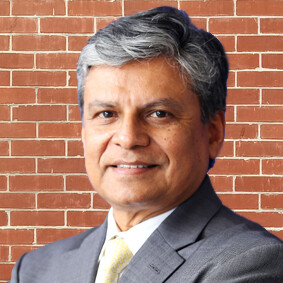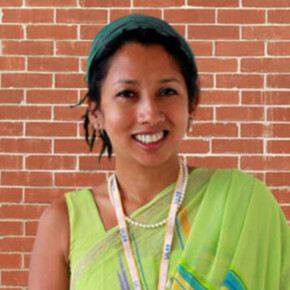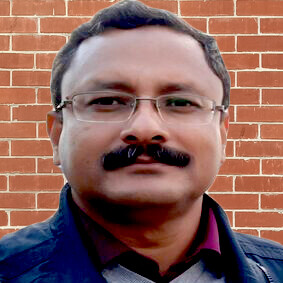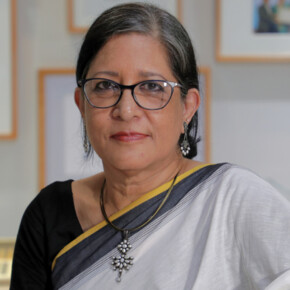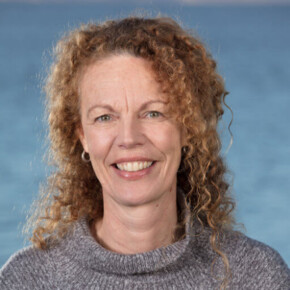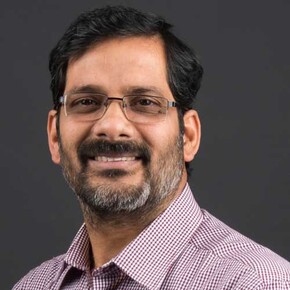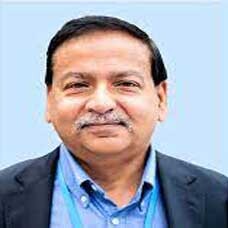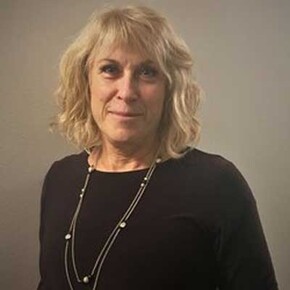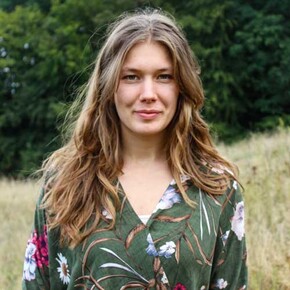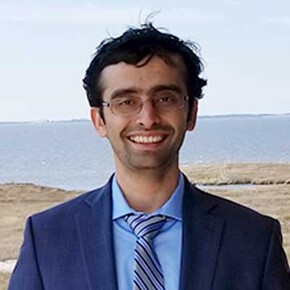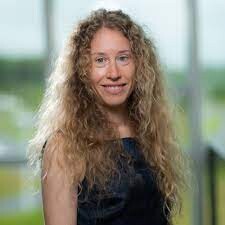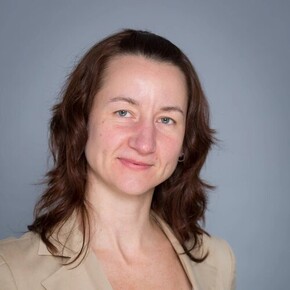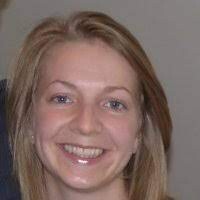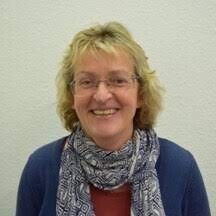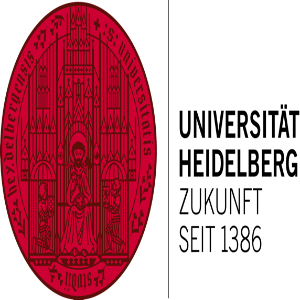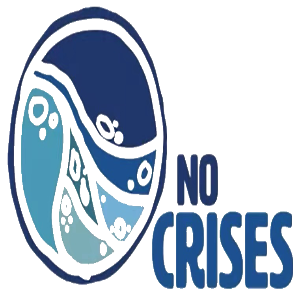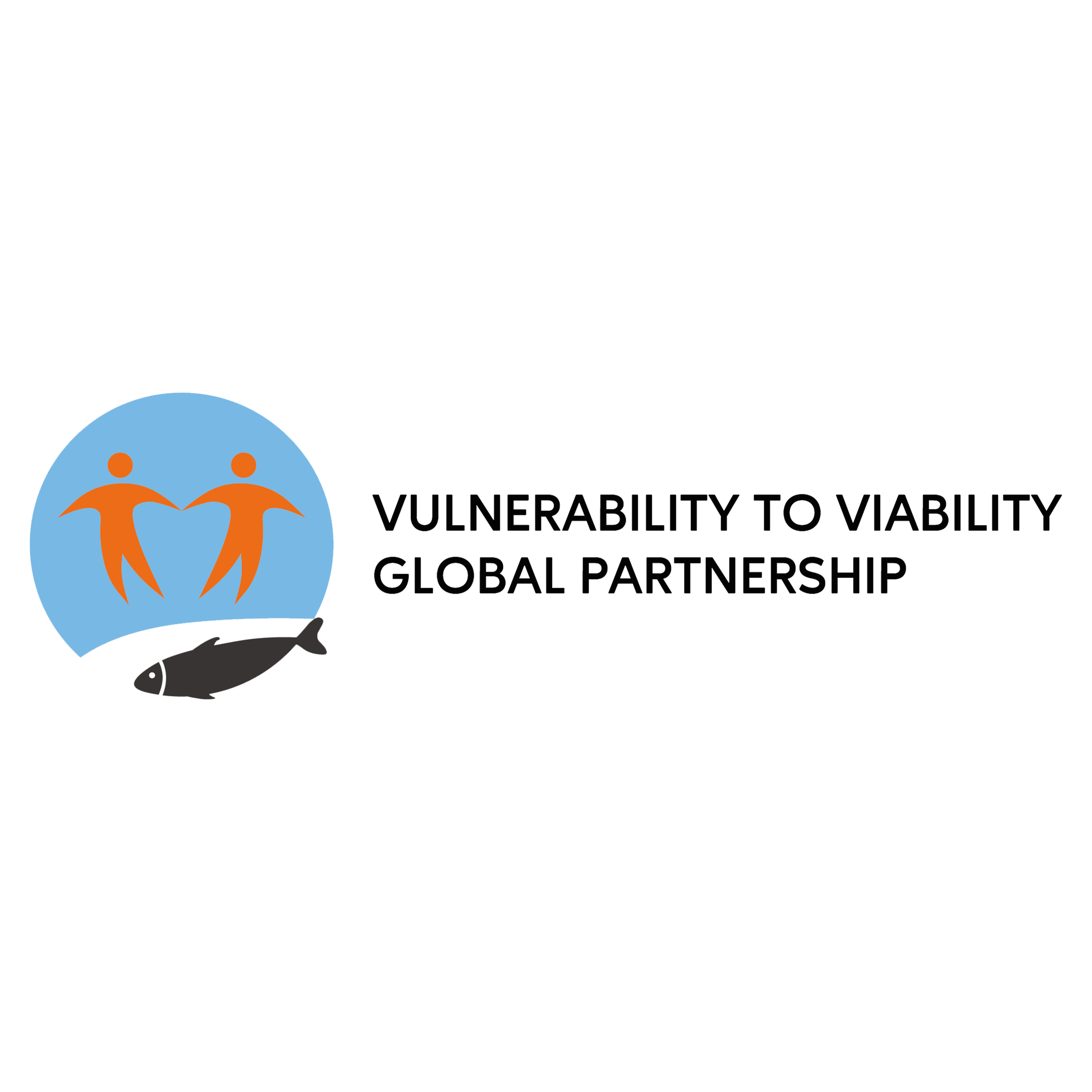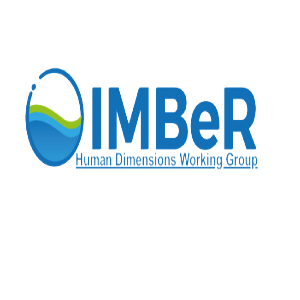5th CSD Annual Conference on Sustainable Development 2022
Unpacking Sustainability, Resilience, and Equity
After a 2-year gap due to Covid-19 Pandemic, The 5th CSD Annual Conference on Sustainable Development 2022 will finally take place in person! This interdisciplinary and transdisciplinary Conference is organized by CSD-ULAB, and like in past years, will bring together local and international experts from across the globe to explore the most pressing and nexus issues relating to the Sustainable Development Agenda. The focus of this year’s conference is on a number of interconnecting issues - climate change, blue growth, equity, migration, well-being, and resilience. This Conference offers a transdisciplinary space for academics, practitioners, and students working on transformations towards sustainability to come together in dialogue and practice.
The changing climate of our current world poses challenges to practically every domain of human society, from food security to health and well-being, and prosperity. It remains a challenge how measures are taken to strengthen the capacity of society to adapt to a warming world can simultaneously carry forward the wider Sustainability Agenda enshrined in the Sustainable Development Goals. Most pressing among these concerns is the need to manage and govern our natural resources in a way that promotes equitable outcomes, ensuring that the poorest and most marginalized groups, including women and minorities, can access the resources they need to reverse the entrenched exclusion that continues to make them the most vulnerable to a changing climate. This is among the most wicked of wicked problems, and constitutes a vital and wide-ranging research agenda for the decades ahead, both in Bangladesh and across the world.
We always believe that working in collaboration is the only way we can effectively address sustainability challenges and this year we are partnering with several of our International Projects - NOCRISES, V2V, HDWG and local and international Partners - Heidelberg University, Sajida Foundation, and ZMT Leibniz Centre for Tropical Marine Research.
Objectives of the Conference:
- To serve as an incubator for sharing current research and knowledge and to facilitate the uptake of these into practice at the local, national and international policy levels;
- To highlight the latest findings and debates surrounding how we can actually embed sustainability in institutions, the wider agrarian question in the changing climate, resilience, and gender
- To address key knowledge gaps and solutions;
- To promote collaboration and partnerships, and
- To stimulate uptake of the science into policy and action
This interdisciplinary conference has a clear focus on public policy impact, identifying cutting-edge research with clear and urgent implications for the current national and international policy debate. There is a strong emphasis on fostering collaboration between crosscutting disciplines such as anthropology, urban planning, climate and natural sciences, and economics/business studies.

